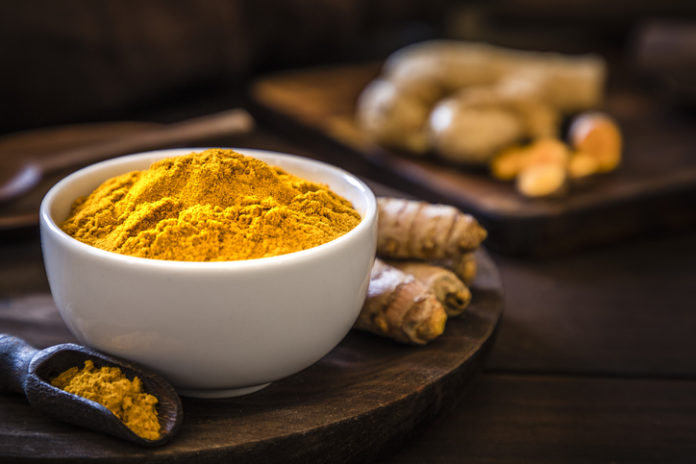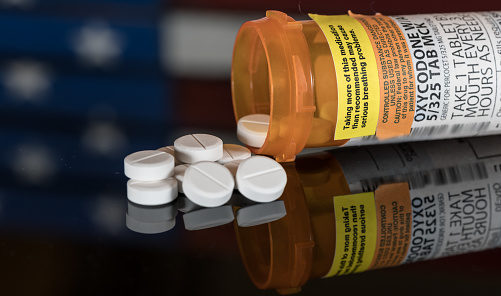The researchers undertook the study because, “Current pharmacologic therapies for patients with osteoarthritis are suboptimal,” they wrote.
The single-center, randomized, double-blind, placebo-controlled trial included 70 patients with symptomatic knee OA and ultrasonography-defined effusion–synovitis. Patients were randomized into two groups: Curcuma longa extract (n=36) or placebo (n=34). All patients took their assigned capsules twice a day for two weeks. The main outcomes were changes in knee pain per a visual analog scale (VAS) and effusion–synovitis volume per MRI. Additional outcomes included changes in Western Ontario and McMaster Universities Osteoarthritis Index (WOMAC) pain and cartilage composition values.
For Curcuma longa extract patients, compared to placebo, VAS pain improved by −9.1 mm (95% confidence interval [CI], −17.8 to −0.4 mm; P=0.039), but effusion–synovitis volume did not change (3.2 mL; 95% CI, −0.3 to 6.8 mL). Curcuma longa extract patients also had greater improvements in WOMAC knee pain (−47.2 mm; 95% CI, −81.2 to −13.2 mm; P=0.006) but not lateral femoral cartilage T2 relaxation time (−0.4 ms; 95% CI, −1.1 to 0.3 ms). The rate of adverse events did not largely differ between the groups (Curcuma longa extract, n=14 [39%] vs. placebo, n=18 [53%]; P=0.16). The study authors also noted that two events in the Curcuma longa extract group and five events in the placebo group may not have been related to the study.
The researchers acknowledged that their study was limited by its “modest sample size and short duration,” as the intervention was only 12 weeks long.
“[Curcuma longa extract] was more effective than placebo for knee pain but did not affect knee effusion–synovitis or cartilage composition. Multicenter trials with larger sample sizes are needed to assess the clinical significance of these findings,” they summarized.
Credit: Original article published here.










